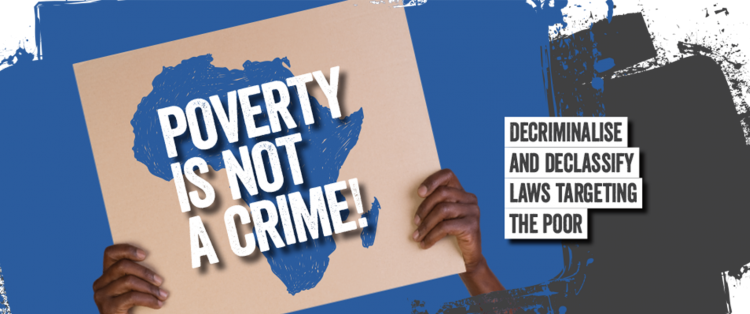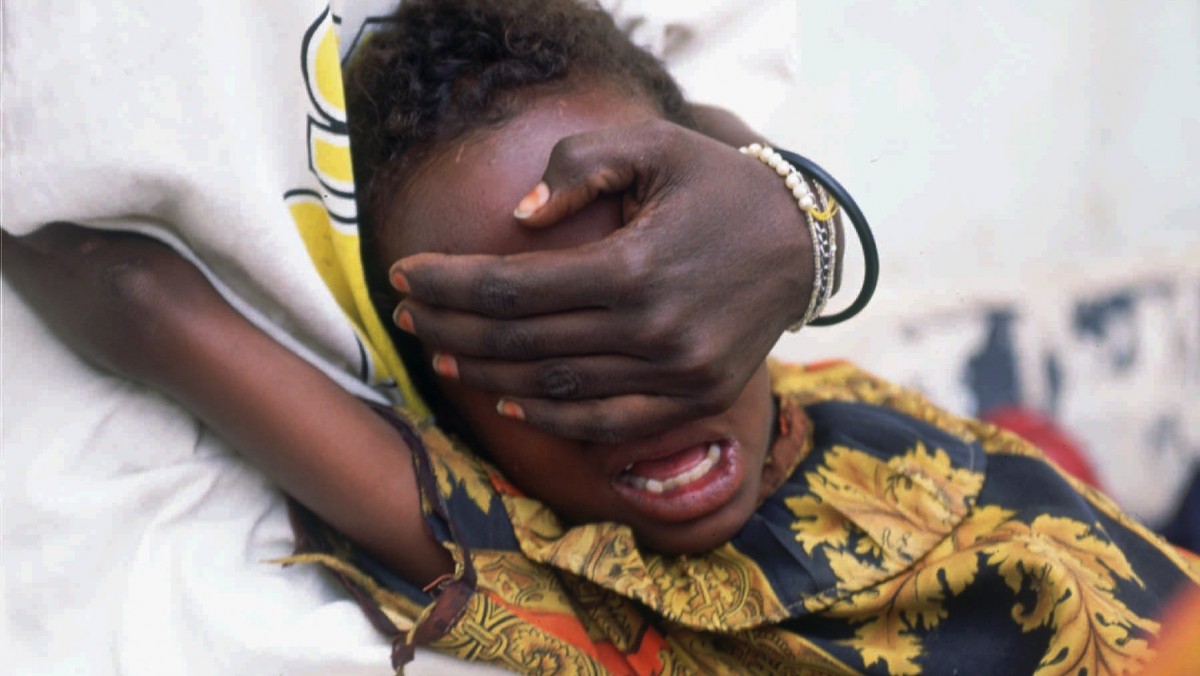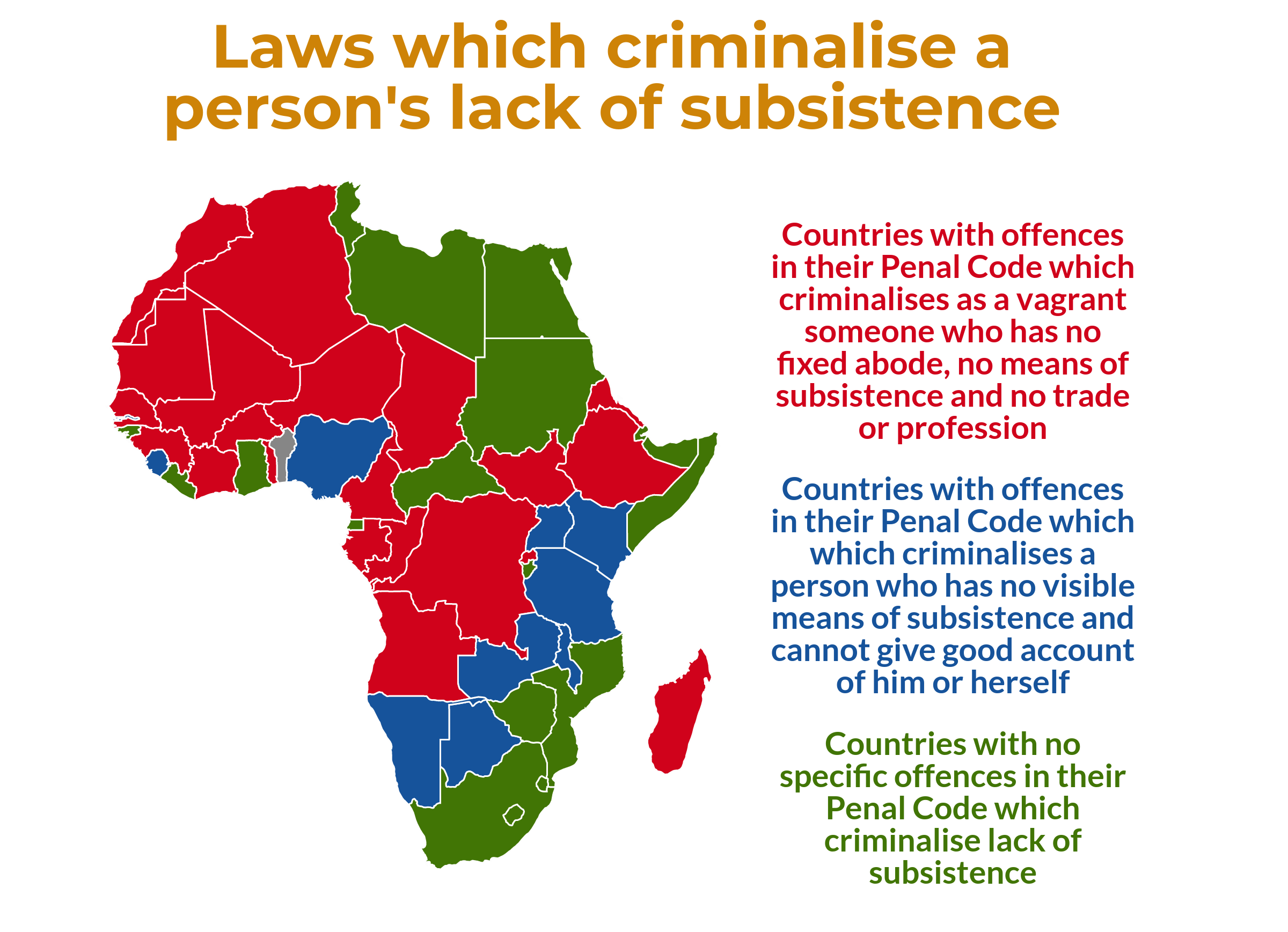The law is our most basic democratic institution. It is the standard operating environment for all regulatory and enforcement agencies. It dictates the who, what and why of civil and criminal liability and the how much, or quantum, of relief or punishment. In very broad terms the criminal law is a code or system of rules for social order and control based on prevailing moral values. Without it there would be anarchy and chaos. It creates and enforces mutually beneficial private and public rights and responsibilities. It is the sum of the mandatory restrictions accepted by a civilized state for controlling behavior and determining relationships.[1]
The utility of the law has to be defended from the usurpation of each individual, who will always endeavor to take away from the mass, not only his own portion, but to encroach on that of others[2]. Therefore, the introduction of the concept of punishment as way of preventing such despotism was necessary to maintain the object and purpose for which the law was created this being, to promote public order and protect the rights and interest of the citizenry. This punishment should be just in proportion as the liberty, preserved by the sovereign, is sacred and valuable.[3]
Kenya’s criminal justice system is more of a revised version of the British colonial laws that were passed in the colonial parliament after Britain declared Kenya a crown colony. The enforcement of this penal laws by the law enforcement agencies being the courts and the police have continually amounted to creation of more society problems rather than offer solutions. The enforcement of these offences subject ordinary civilians, many of whom are unaware of their rights, to unparalleled human rights abuses[4]. The implementation of this penal laws are discriminatory and goes against the virtue of justice which respects freedom, autonomy and human dignity.
While various criminal justice systems have specific goals which they seek to achieve, there are those goals which are common to criminal justice systems across the world these are; punishment, retribution and reformation and rehabilitation. The principle underlying the goals of any given criminal justice system is the principle of proportionality.
Joel Goh in his writing on the principle of proportionality highlighted the importance of the principle as a fundamental aspect in any legal system. He further espoused that,” Intrinsic in the concept of justice is the idea that where the criminal justice system imposes punishments, it should do so only in proportion to the crimes to which it seeks to respond. “[5]
The Penal Code of Kenya codifies offences and penalties majority of which are misdemeanors with severe punishments. The prescribed punishment for some misdemeanors under the penal code attract custodial sentences despite the non-severity of the offence. The prescribed punishment for the offences of idle and disorderly [6]and common nuisance [7]are disproportionate to the offence in light of the nature of the said offences. According to a recent study on the Criminal Justice System in Kenya, 28,768 prison inmates have been incarcerated for petty offences and this number represents the majority of the offenders in prisons in Kenya, who due to financial constraints were unable to raise the requisite bail to secure their freedom. Prof Githu Muigai in his speech on Criminal Justice Reforms in Kenya acknowledged that “Our Prisons are populated by people who should not be in prison in the first place such as petty offenders.” [8]
In seeking to impose what is a just and fair punishment for criminal offences, the mantra ‘the punishment must fit the crime’ must be taken into consideration. David Cameroon in his speech on Prison Reforms asserted that ‘the truth is that simply warehousing ever more prisoners is not financially sustainable, nor is it necessarily the most cost-effective way of cutting crime.[9]” The continued imprisonment of petty offenders is a mockery to the rule of law and the virtues of justice. It is indistinct that social problems are not solved by incarceration of petty offenders. A rational alternative should therefore be adopted alternate to imprisonment to prevent oppression and violation, hence the notion of justice.
Where a law fails to attain the object and purpose for which it was created and subsequently causes repression and disarray of public order then the question on its legality and legitimacy is inevitable. The Penal Laws in Kenya are one of such pieces of legislation particularly with respect to the offences and punishment prescribed to misdemeanors. The need to reclassify petty offences and decriminalize archaic offences formed part of the underlying reasons for which the Committee on Criminal Justice Reforms in Kenya was set up.
There is the need to build a more effective and efficient criminal justice system in Kenya which goes beyond strengthening of particular institutions and includes reforming the existing Penal Laws.
Following the launch of the Criminal Justice Reforms Committee it is anticipated that criminal law reforms will be undertaken to improve the penal laws to make them more coherent, to deal with new social, economic and technological conditions, and address the existing social problems.
[1] Tim Carmody (2010).Criminal Law. In Gabrielle Bammer (Ed.)Dealing with Uncertainties in Policing Serious Crime(pp101).ANU E Press
[2] Ibid
[3] Cesare Bonesana and Marchese Beccaria (2001). Of Crimes and Punishments (pp3) retrieved from http://www.blackmask.com on 16th January, 2018
[4] Policy Brief on Law and Policy Research on the Petty Offences and Practices Affecting Populations at the National Level and in Kisumu, Mombasa and Nairobi Counties retrieved from http//:www.icj-kenya.org on 16th January , 2018
[5] Cesare Bonesana and Marchese Beccaria (2001). Of Crimes and Punishments (pp3) retrieved from http://www.blackmask.com on 16th January, 2015
[6] The Penal Code of Kenya (CAP 63) Section 182
[7] The Penal Code of Kenya (CAP 63) Section 175(1)
[8] Prof. Githu Muigai remarks during the Launch of the Committee on Criminal Justice Reforms in Kenya on 15th January, 2018 at the Supreme Court Gardens.
[9] Lorana Bartels (2017) Criminal Justice Law Reform Challenges for the Future: It’s time to curb Australia’s prison addiction. In Ron Levy, Molly O’Brien, Simon Rice, Pauline Ridge, Margaret Thornton (Ed.), New directions for Law in Australia (pp 125).











